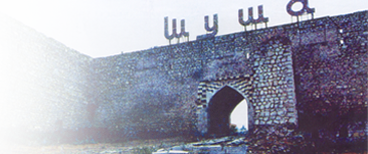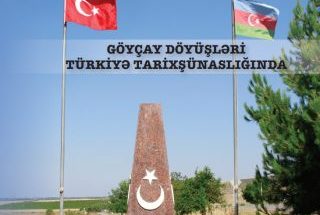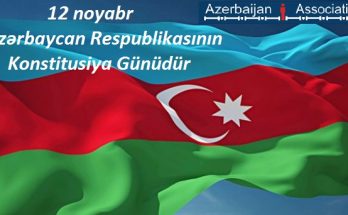 On February 25, Turkish parliament addressed the issue related to anniversary of Khojaly tragedy in Azerbaijan.
On February 25, Turkish parliament addressed the issue related to anniversary of Khojaly tragedy in Azerbaijan.
Turkish parliamentarians took the floor and expressed opinion of their parties about the frightful massacre committed in the occupied Nagorno Karabakh region of Azerbaijan by Armenian invaders and their supporters – Russian militaries 18 years ago. The parliamentarians cursed the Khojaly massacre as a crime against humanity and expressed their solidarity with Azerbaijan.
Chairman of Azerbaijan-Turkish inter-parliamentary friendship group, member of ruling Justice and Development Party (AKP) Mustafa Kabakci said Armenia, which accused Turkey in genocide, itself committed genocide in the near past – in 1992. “Armenians supported by the Russian 366th infantry regiment closed entrance and exits of Khojaly town of Azerbaijan and killed 613 of our brothers and sisters. We were together with Azerbaijan yesterday and we are together today”.
Atilla Kaya spoken on behalf of Nationalist Movement Party (MHP) said he took the floor to remember and remind about the Khojaly tragedy, one of the massacres of 20th century committed by Armenians. “Khojaly tragedy was a crime against our nation in Nagorno Karabakh. This massacre was committed with the support of Russians. Khojaly was a town with 11 000 population, but part of the people left the town. Those who didn’t leave faced with an attack of Armenians and Russians on February 26, 1992. 613 were killed, 1200 – taken hostage and 475 seriously wounded”.
Kaya focused the attention on the fact that Nagorno Karabakh Armenians were led by incumbent president of Armenia Serzh Sargsyan and former president Robert Kocharian during the Khojaly genocide. “Unfortunately today Serzh Sargsyan visits Turkey and meets with our president. Those who committed war crimes in Bosnia appeared before the international court. Those who committed war crimes in Azerbaijan must also appear before the international court”.
APA



